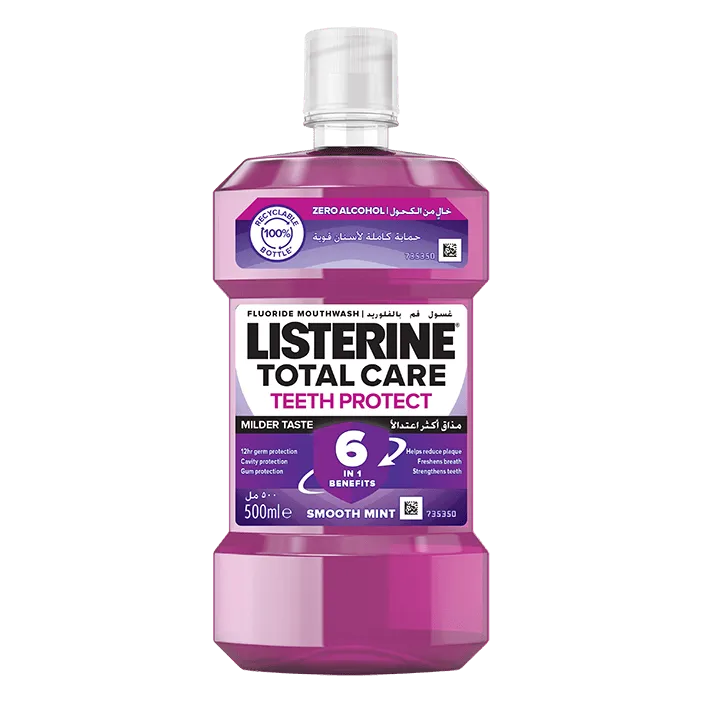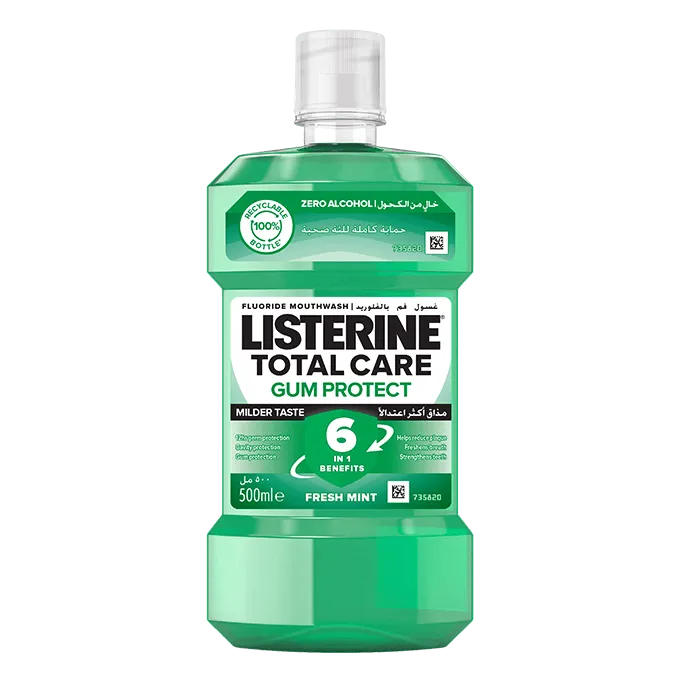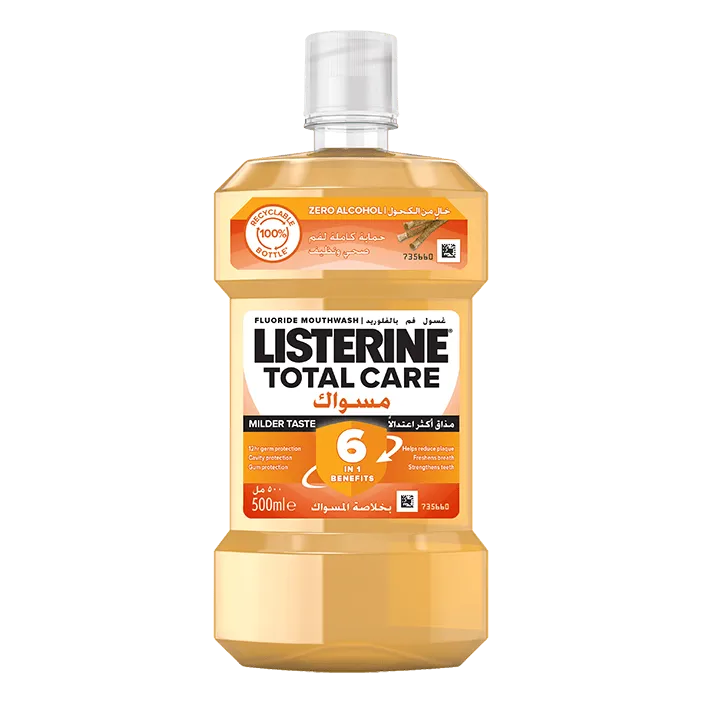
Imagine your smile as a reflection of your inner health and vitality, a mirror to your well-being. However, when the silent menace of tooth decay takes hold, it can tarnish that reflection, leading to a dental concern commonly known as "rotten teeth." Rotten teeth go beyond mere aesthetics, extending their reach into the realms of discomfort, health complications, and self-esteem.
What are Rotten Teeth?
When one or more teeth start to decay due to untreated tooth decay, it's known as "rotting teeth," and it can be a serious dental issue. In addition to developing obvious discoloration, holes, or fissures, these decaying teeth often become weak and sensitive.
What are the Causes of Rotten Teeth?
Poor dental care and a disregard for oral health are frequently to blame for decayed teeth. Bacterial plaque buildup on the teeth is the primary cause of tooth decay because it generates acids that erode tooth enamel. Additionally, a diet rich in sweets and acidic meals makes tooth decay more likely. Since cavities are not identified and treated in a timely manner, skipping routine dental appointments can also result in the development of rotten teeth.
What are the Effects of Rotten Teeth?
Rotten teeth can have a number of adverse effects on both oral and overall health. One of the most typical discomforts brought on by decayed teeth is toothache, which can be severe and incapacitating. Additionally, a tooth infection can spread to the tissues and gums nearby, resulting in swelling, abscesses, and bleeding.
Having bad teeth can also make it difficult to chew meals correctly, which can result in digestive issues and inadequate nutrients. Rotten teeth can make the smile look unappealing on an aesthetic level, which can lead to humiliation and low self-esteem.
What are the Treatments for Rotten Teeth?
The depth of the illness and the degree of tooth decay will determine how to treat decaying teeth. Deep cleaning and dental sealants can be used to stop deterioration in its tracks in mild situations. Endodontic treatment or tooth extraction may be necessary in more severe circumstances, though. In contrast to tooth extraction, which includes completely removing the damaged tooth, endodontics entails extracting the infected pulp from the tooth and closing the root canal. Dentures or dental implants may be explored as restorative alternatives in situations of tooth loss.
Hence, based on the extent of the decay and other symptoms, your dentist will select one of the following courses of action:
- Extraction: In extreme cases of tooth decay, a patient's teeth may not be in good enough shape to be treated and repaired by a dentist. In this case, the dentist will extract the decaying tooth and replace it with an implant or bridge made of artificial teeth.
- Treatments with fluoride: Fluoride is a naturally occurring mineral that strengthens and preserves tooth enamel.
- Fillings: If tooth decay has resulted in a cavity, your dentist will use a tiny drill to remove the decaying region and then replace the space with a substance known as a filling that closely resembles your natural enamel.
- Root canal: When there has been damage or infection to the pulp (the tooth's deepest layer that contains connective tissue, nerves, and blood vessels) or the root, a root canal procedure is carried out. This process involves the removal of decaying tissue, the placement of a temporary filling, and lastly the placement of a crown, which is a permanent filling or cover.
- Silver diamine fluoride: For youngsters or others who require extra care, silver diamine fluoride is a non-invasive therapy option.
How can Rotten Teeth be Prevented?
Keeping up a healthy oral hygiene routine is the greatest approach to stopping teeth from decaying. This entails the following:
- Using antimicrobial mouthwashes such as Listerine®
- Brushing your teeth at least twice a day
- Flossing regularly
- Eating a balanced diet with few snacks
- Applying dental sealants on teeth to stop decay
- Reducing your consumption of sugar and carbs
- Giving up tobacco products
- Getting regular dental cleanings and exams
In conclusion, by eating away at the enamel of your teeth, bacteria, acids, and other things cause tooth decay. Increased bacteria in the mouth can cause infections, which, if ignored, can be quite serious. There are several ways to cure tooth decay, but the greatest defense against rotting teeth is routine dental care.



